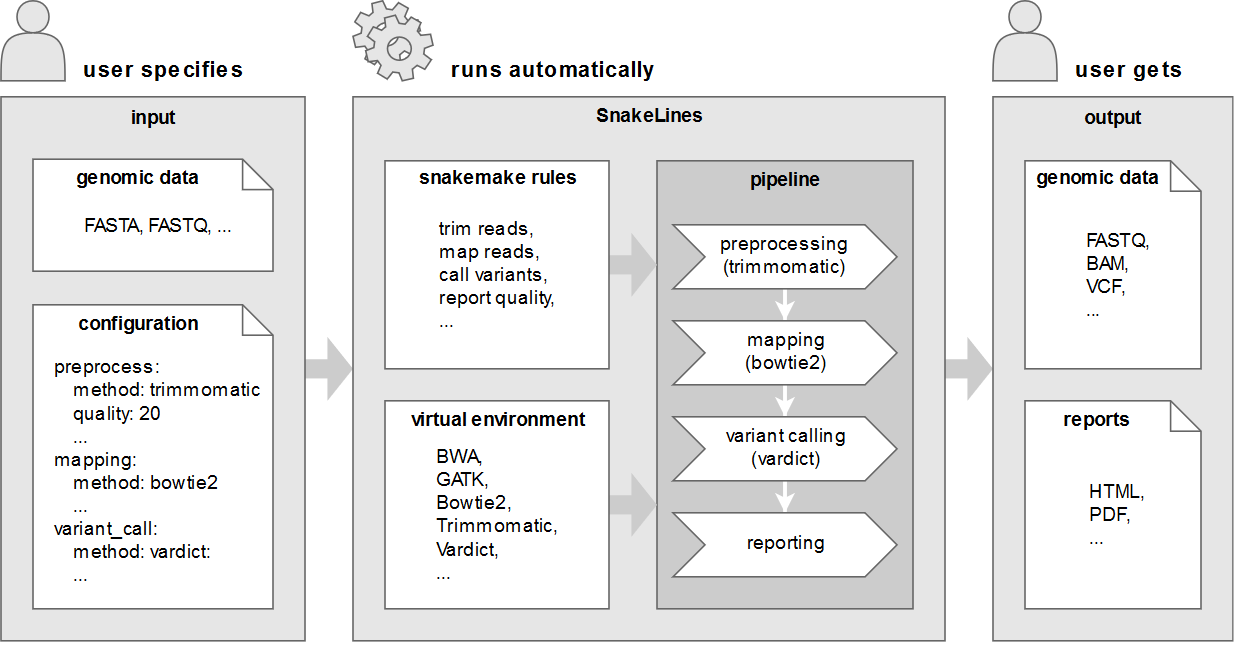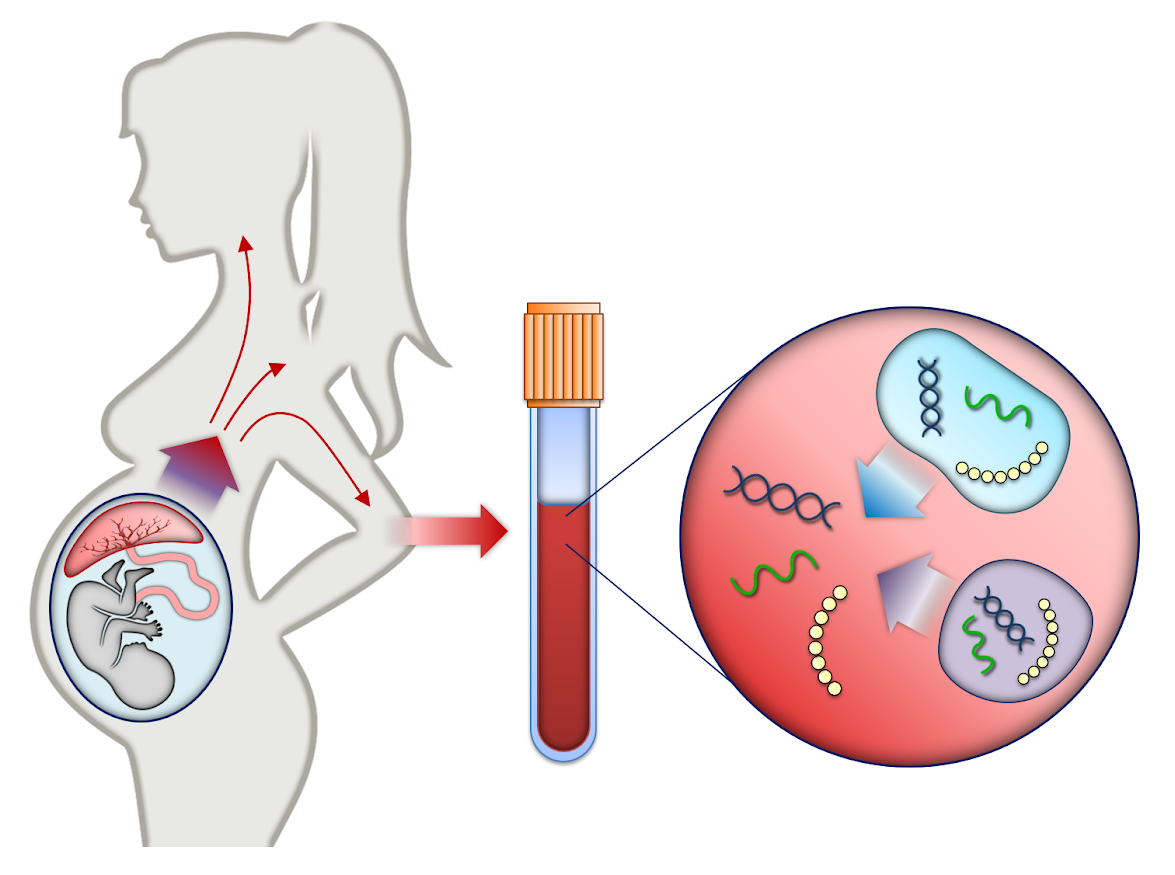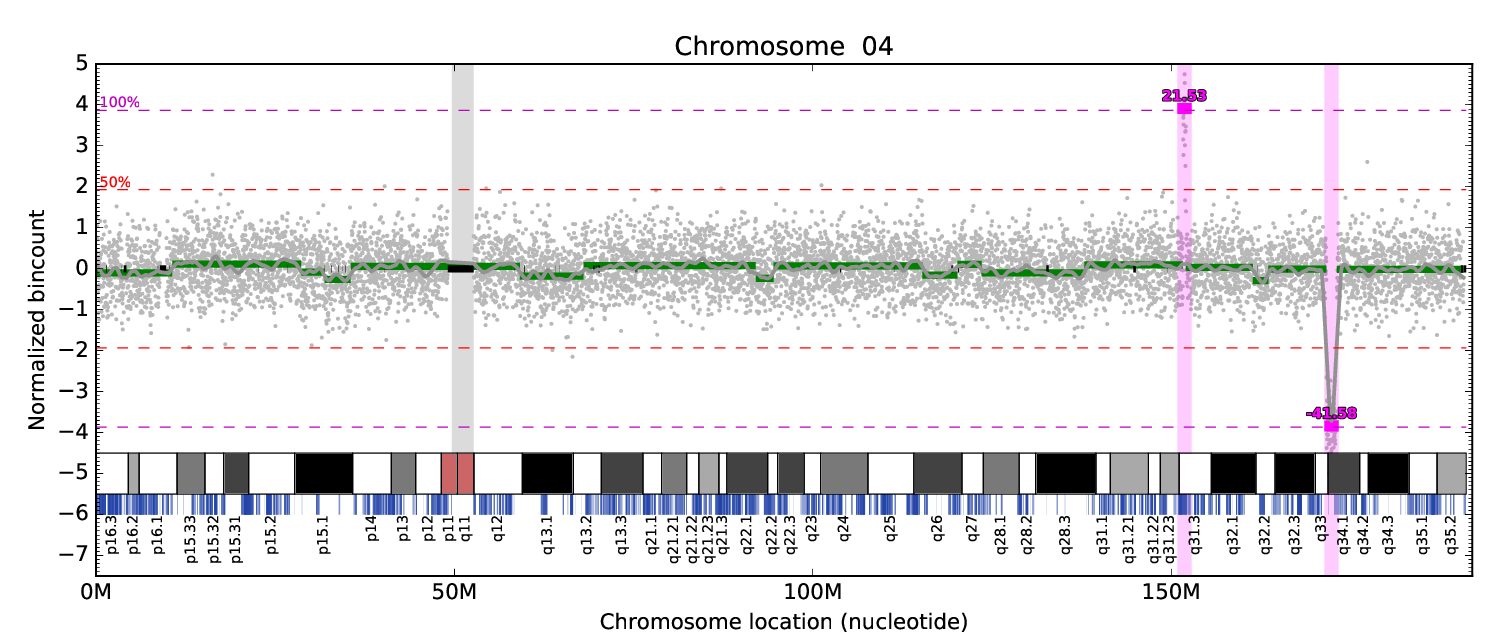Most of the multi-project research-focused laboratories (like core facilities) try to deal with registration, tracking, integration and monitoring of samples and their analyses. As these data contain personal information, secure storage and access has high priority, also due to new European legislation. To face these challenges, we have developed a web-based Laboratory Information Management System…
Read MoreIntroduction Development of sequencing technologies with massive parallel throughput allowed laboratories around the world to analyze DNA fragments of various organisms. However, actual use of DNA sequencing data is impeded by two main obstructs. Firstly, DNA data processing and interpretation is often difficult for researchers and clinicians with small computational background. Secondly, due to the…
Read MoreGeneton developed a non-invasive method for obtaining important information about structural variation of a fetus based on a sample of maternal blood. The method does not pose any risk for the fetus or the mother, therefore represents safe alternative to traditionally used invasive methods.
Read MoreIntroduction Analyses based on massively parallel sequencing detect vast amounts of variants, while only few are responsible for traits of interest. Successful identification of these few variants requires annotation with various attributes – especially function prediction score and conservation score. Different annotation data is scattered across various databases, which makes manual annotation a time-consuming and…
Read MoreGenomeScreen was developed by Geneton as an affordable detection test for copy number variants (CNV). It is usually prescribed when there is some suspicion for pathogenic CNV either from screening or abnormal phenotype, but it can also be taken upon request. GenomeScreen is a great replacement for more conventional cytogenetic analysis through microarray-based methods (aCGH),…
Read MoreGeneton team has developed a genetic test to determine gender of a child from the 10th week of pregnancy. The test has been successfully implemented in routine testing since 2009 under the name Babygen Test. The child’s gender can be determined by fragments of DNA that circulate in the mother’s blood. Analysed biological material is…
Read More






